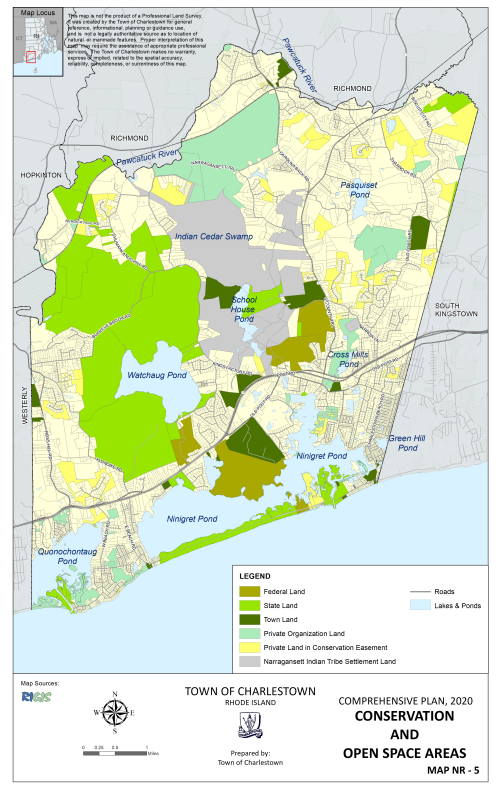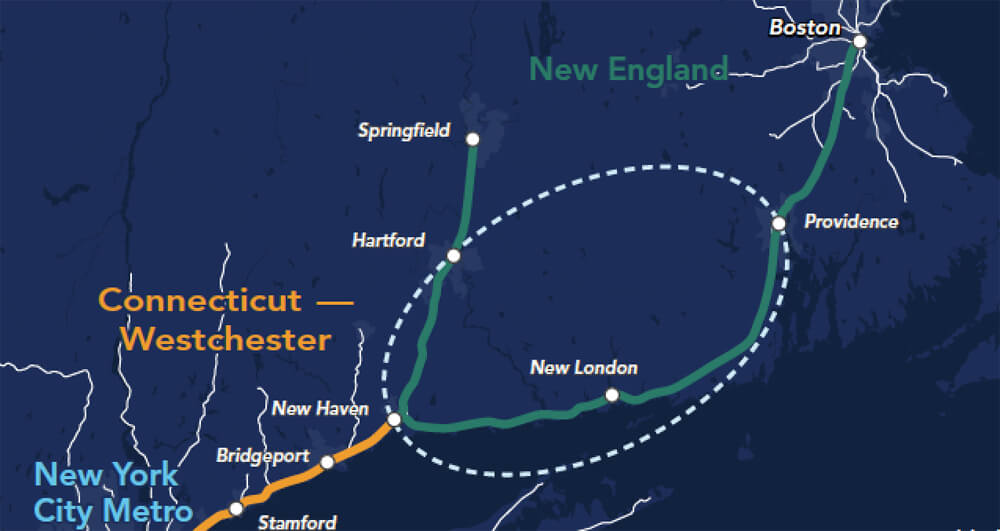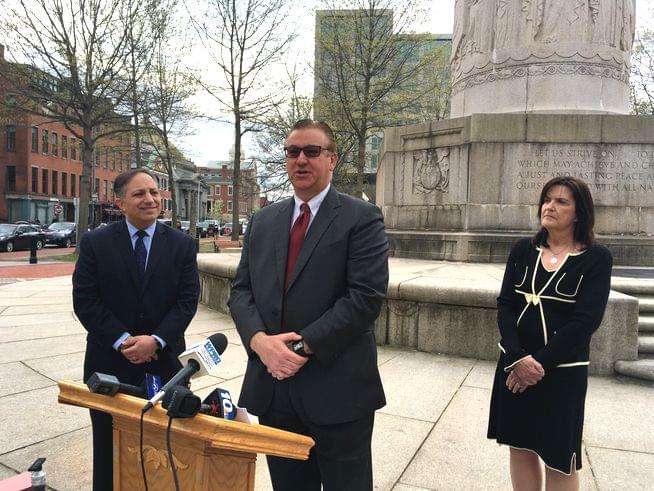The Big Lie, Charlestown-style
By Will Collette
 |
Van Slyke, Clarkin and Cooper: these three control Charlestown's
town council on behalf of the Charlestown Citizens Alliance |
The senior Charlestown Town Council member among the majority
who represent the Charlestown Citizens Alliance (CCA) is Bonnie Van Slyke. She leads
the other two CCA acolytes, former Eagle Scout Cody Clarkin and newcomer Susan
Cooper.
Van Slyke protects the Arnolda neighborhood where she lives (at least for now) from any potential threat such as kids playing in Ninigret Park. But most of
all, she carries the CCA’s water.
She recently wrote a letter to the editor that ran in what’s
left of our local newspapers as well as on the CCA website that challenged
readers to “ignore deception and focus on accomplishments.”
That's maybe the smartest thing she's ever said as a Council member. However, the rub
is how you define “deception” and how you measure “accomplishments.” In Van
Slyke’s view, deception includes any criticism of the Charlestown Citizens
Alliance no matter how well documented . If it comes from
someone outside the CCA fold, it is, by definition, deception.
And accomplishments, well, that’s easy too: that's anything and
everything the CCA has done or claims it has done, even when it hasn’t. Or wrong, such as over-paying on shady land deals. It's still all good.
She presents eight bullet points. Rather than run one giant article debunking them all, I’m going to tackle her claims in a series of articles.
Let’s start with this Van Slyke claim of CCA "achievement":·
“Protecting the Town from Outside Threats—The Federal Railroad
Administration has announced a required study of capacity and speed in the area
between New Haven and Providence. The Council has responded, including enabling
our Town Administrator to take whatever action is necessary to protect the
town.”
This is so classic CCA. They defend Charlestown from all
the boogeymen, real or imagined, whether it’s AMTRAK or the Narragansett Tribe or the state Water Resources Board or whatever. One of my favorites is former CCA leader Dan Slattery's fear of poachers. There’s always something.
Let's look at the latest "outside threat."
In 2016, there was a proposal floated by the Federal Rail
Administration (FRA) to build a new AMTRAK line north of the existing track
that would have cut through lots of important land – farms, nature preserves,
forest, even right through the Mystic Aquarium. It was called the Old
Saybrook-Kenyon bypass.
The Bypass was a stupid plan. However, it had NO
funding from the 2017 Republican-controlled Congress and NO support from newly installed White House denizen, Donald Trump. The plan also had
substantial opposition, mostly from Connecticut and then, belatedly,
from Charlestown.
Unsurprisingly, the Bypass plan quickly died in 2017. Dead. Kaput.
Morte. Muerte. Finito. The FRA issued a legally binding Record of Decision in 2017 that officially killed the bypass.
But for reasons that are obscure to say the least,
Charlestown’s Planning Commissar Ruth Platner declared last July that “THEY’RE
BACK!” and claimed that once again Charlestown is under threat from Big Rail because
the Old Saybrook-Kenyon Bypass had risen from the death.
Except Ruth Platner offered absolutely no evidence
that this was true. Nothing. Nada.
But as we’ve seen in recent years, facts and proof mean
nothing when it comes to public perception and conspiracy theories. For too many people, the
default response to any alarm, real or bogus, is panic.
Council President Deb Carney looked into it, even going so
far as to talk one-on-one with William Ryan Flynn, AMTRAK's CEO. He told her there was no
truth to this story, that if AMTRAK was going to build a new line, it would
probably go along the I-95 right-of-way. CORRECTION: Council President Carney tells me I got the last name wrong - the AMTRAK CEO is William Flynn (not Ryan). Except for Flynn's name, the rest of what I wrote is accurate. - Will Collette
I have been doing my own digging, looking for evidence for or against the reemergence of the Bypass. I discovered that in 2018, after the last AMTRAK crisis
ended, Charlestown issued a contract to Greg Stroud, publisher of the Connecticut Examiner, noted above, doing business as Lyme Street Consulting.
He was supposed to keep
track of what the FRA and AMTRAK were up to, though I don’t have his reports to
the town.
More on that in just a bit.
Did Stroud play some role in the current “crisis?” Hard to
tell since I've been denied access to town records. However, it looks like he is the only source Platner has. But even his
material only shows that the FRA will conduct a traffic study for rail travel from
New Haven to Providence.
There are, however, lots of reports showing AMTRAK now favors a high-speed rail line directly connecting Hartford to Providence and
Boston, but NOT the Old Saybrook-Kenyon bypass.
What's in the files? Where's the proof?
I wanted to see what Charlestown had in its files to support
the hyperbolic activity by the CCA Town Council majority, especially Bonnie Van Slyke, against the supposedly resurrected Kenyon Bypass.
It seems reasonable to me that if there really is any proof, Platner, Town Hall and the CCA would have already released or published it. I know that's what I would do. The CCA's "Railroad page" has nothing in it to show there is a reanimated Bypass plan getting ready to descend on Charlestown.
So far,
the CCA Council majority has given Town Administrator Mark Stankiewicz unprecedented and unlimited (and probably illegal) power to do anything and everything to fight the railway beast.
His first task
was to write a whole bunch of letters to public officials about this “threat,”
probably provoking some of the recipients to wonder “WTF?” especially since the letters are really about the dead 2017 Bypass plan.
Stankiewicz has hired a Providence consulting firm that primarily
does public relations. Their proffer says they will create "a climate of success" whatever that means. The CCA plans to put most of the town’s reserve funds at
the disposal of this “campaign.”
According to Ruth Platner, the "campaign" will involve mobilizing all the
friends and allies that were part of the 2017 effort, even though there is NO
EVIDENCE of an actual threat in 2021. I’d love to know how that’s going.
 |
Stankiewicz turned down my request for him to recuse himself
from judging an appeal against a decision he himself made.
He denied my request to restore the decade-old
waiver of fees and denigrated my arguments. |
My Access to Public Records Act (APRA) request for the records about Stroud’s work for the town
and documents showing whether or not there really is a threat have been
effectively denied by Town Clerk Amy Weinreich, backed by Town Administrator
Mark Stankiewicz who clearly is taking his orders from the CCA’s secret
clubhouse.Rather than serve up dozens of documents completely blacked
out as they did on SPA-Gate, this time the town’s denial takes the form of billing me at extortionate rates.
For the past ten years, the town has been providing me with electronic
copies for free so I can give Progressive Charlestown readers a look at the
real stuff.
They want me to pay $178.35 for electronic copies of
material basically in two files - all of which should be public record.
Not only that, the town is now refusing to fulfill my
requests for any other information, including material many of you have seen on
subjects such as legal bills for the war on the Narragansetts, shady land
deals, blasting permits, lawsuits against the town, etc.
Again, this is
material the town has provided Progressive Charlestown without charge, in the public interest, for more than
10 years.
This is a radical break with a decade of relative transparency by the town government. The fingerprints of Mark Stankiewicz and
his CCA masters are all over this.
How are you supposed to know if the corpse of the Kenyon
Bypass has risen from the dead without documents as proof?
Since the AMTRAK issue is listed by Bonnie Van Slyke as a major CCA
bullet point, it follows that she or Ruth Platner or the town administrator
would show us what they’ve got. Where is the proof that there even is a threat?
If I had such records, you can bet I’d publish them forthwith.
If the Bypass is indeed alive, I promise to publicly
apologize for my doubts and pledge to contribute all I can to the fight. In
fact, my initial pledge is $178.35 should the threat turn out to be real.
But if this is all a hoax, as I believe it is, shame on the CCA
and on Mark Stankiewicz for cynically corrupting Charlestown more than you ever
have in the past. And shame on them for needlessly scaring the good people in northern Charlestown who were traumatized by the 2017 controversy.
"Ask Amy"
 |
Stankiewicz on guard to prevent any info getting out that might
damage the CCA |
In the meantime, I ask readers for their help.
If you are a town employee and you have information to
share, I invite you to send it on – via your private e-mail, since Stankiewicz
may be monitoring your town account – to Progressive Charlestown.
If you are a concerned citizen, I urge you to “Ask
Amy” by filing requests for these public records – Stroud’s contract,
payments, reports as well as Charlestown’s proof that there is a threat –
through the town’s Access to Public Records Act (APRA) webpage.There is a form
and an e-mail you can use.
It’s easy to ask, though lately many citizens have found
it’s hard to actually get anything.
Our CCA-controlled town government has been strictly applying Draconian rules that involve long delays and high charges.
You can also “Ask Amy” about the other things I ask the town to routinely disclose: Joe Larisa’s bills, new lawsuits or claims, the town’s dealings with the Narragansett Indian Tribe, land deals such as SPA-Gate, and blasting permits. Or anything else you want to know.
I have been told that many Charlestown citizens have gotten "work-to-rule" treatment when they ask for records. No doubt on Stankiewicz's orders, the town charges the maximum amounts for estimated time and copying allowed by law, turning routine requests into bills for over $100 or more.
If you have run into this problem yourself, please let me know (CLICK HERE).
One remedy for Stankiewicz's stonewall is to only ask for one thing at a time and to have your friends and neighbors to also ask for one piece at a time. This will no doubt cause more work (sorry, Amy), but the state's open records act is premised on the public's right to know, not as Stankiewicz's cash cow.





























